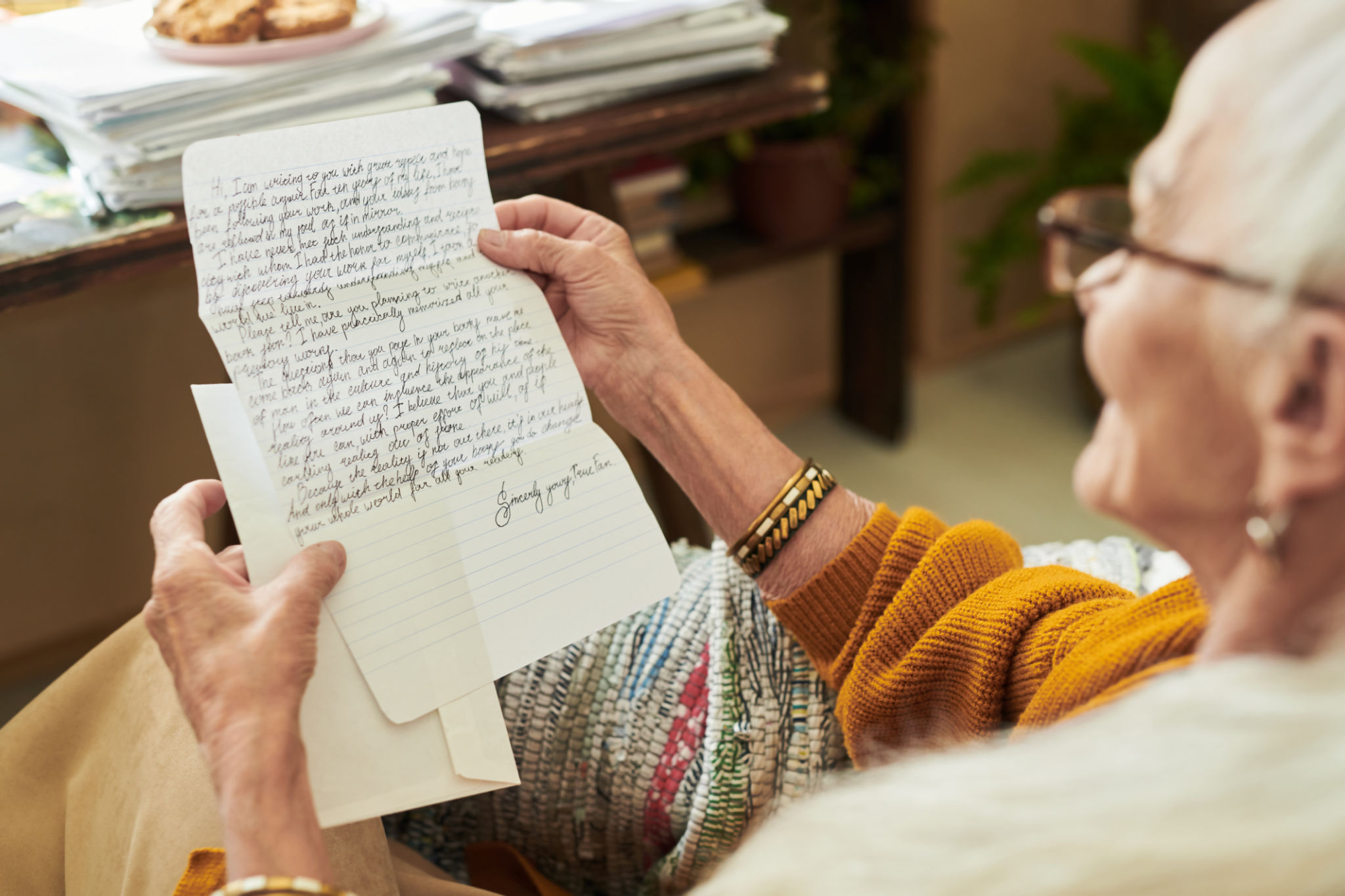How to Prepare for Your First Counseling Session
Understanding the Importance of Counseling
Taking the step to attend your first counseling session is a significant move towards personal growth and emotional well-being. Counseling offers a safe space to explore your thoughts and feelings with a professional who can provide guidance and support. Whether you're dealing with stress, anxiety, or any other personal challenges, counseling can be a valuable tool in managing your mental health.

Setting Realistic Expectations
It's important to enter your first counseling session with realistic expectations. Understand that counseling is a process, and it might take a few sessions to start feeling comfortable and notice changes. The first session is often about building rapport with your counselor and giving them an overview of your situation.
Don't expect immediate solutions or quick fixes. Counseling is about working together with your therapist to uncover underlying issues and develop strategies for improvement. Patience and openness are key to making the most out of your sessions.
Preparing for Your Session
Preparation can help you feel more at ease during your first counseling session. Consider jotting down some thoughts or topics you want to discuss. This could include specific situations that have been troubling you, emotions you've been experiencing, or goals you hope to achieve through counseling.

It's also helpful to think about any questions you might have for your counselor. Asking questions can help clarify the counseling process and make you feel more comfortable. Remember, this is your time to focus on yourself, so don't hesitate to bring up anything that's on your mind.
Choosing the Right Counselor
Selecting a counselor who fits your needs is crucial for a successful counseling experience. Research potential counselors' backgrounds, areas of expertise, and approaches to therapy. You might want to consider factors like their availability, location, and whether they offer in-person or online sessions.
- Look for reviews or testimonials from previous clients.
- Ensure they have the appropriate qualifications and licenses.
- Consider having an initial consultation to see if you're comfortable with them.
Managing Your Nerves
Feeling nervous before your first counseling session is completely normal. To manage these nerves, try some relaxation techniques like deep breathing exercises or mindfulness meditation before your appointment. Remember, counselors are trained professionals who are there to help, not judge.

Keep in mind that it's okay to express any apprehensions you may have during the session. A good counselor will address your concerns and help you feel more at ease as you begin your journey together.
Reflecting After the Session
After your first session, take some time to reflect on the experience. Consider how you felt during the session and whether you feel comfortable with the counselor. Think about any insights or takeaways you gained from the discussion.
- Write down any thoughts or feelings that emerged after the session.
- Consider whether the counselor's style aligns with what you're seeking.
- Decide on scheduling future appointments based on your comfort level.
Remember, seeking counseling is a courageous step towards personal healing and growth. By preparing for your first session and maintaining an open mind, you pave the way for a positive and transformative experience.
